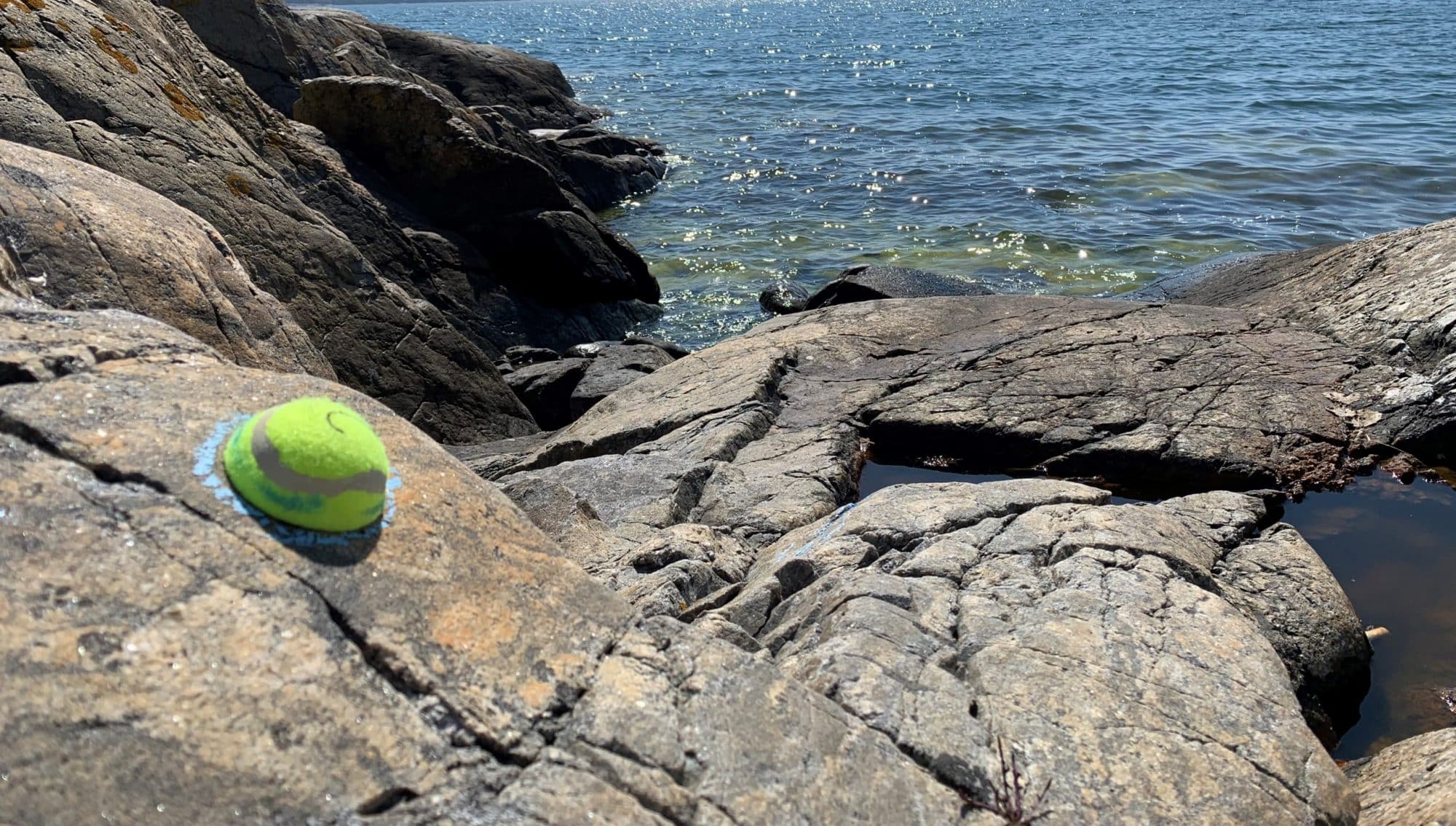2.6 – Performance Scale Class:
**** Local event organisers are free to modify these rules to suit your local events, however, all state, regional, national and world championship events should follow the official rule set****
General specs
– 2.6.1 – Vehicles should represent a vehicle that has been modified to become a capable trail rated/competition based rig and is not necessarily street legal.
– 2.6.1.2 – Vehicles must run a minimum full body from the grill to the B-pillar. The grill can not be cut or modified. (Bodies without a grill must have full hood/bonnet). Wheel arches and headlights may be trimmed for clearance.
– 2.6.1.3 – Cab only configured rear chassis must have frame or bar work or tray (bare chassis and shock hops is not acceptable). Removal of the roof is allowed so long as roll gage/half interior is fitted.
– 2.6.1.4 – The body (Including tray, cage or any other bar work) must be (3″/76.42mm) longer than the wheelbase.
– 2.6.1.5 – Body / Cage work must be at least 4.5″/114mm minimum height.
– 2.6.1.6 – Minimum body width is 5”/127mm for the full length of the passenger cabin. (Passenger cabin is defined as from the furthest forward point of the front windscreen and the furthest rearward point of the rear window)
– 2.6.1.7 – Sectioning or narrowing of the body is allowed from the A-Pillar forward and the B-Pillar backward. But the body must still follow reference 2.6.1.2, 2.6.1.4 and 2.6.1.6.
– 2.6.1.8 – The inner side wall/ shoulder of front tyres, measured at the axle centre must be covered by bodywork when viewed from above at rest. Flares can be added to the body to obtain coverage.
– 2.6.1.9 – A front bumper is required. It must be a minimum of 2.75”/70mm wide centered to the front chassis rails and must flow through a continuous line (see pictures below). Chassis mounted bumpers need to project forward at least 3mm past the body. Body moulded front bumpers qualify and must not deflect inwards.
– 2.6.1.10 – Clear bodies, “swiss cheese” bodies are not permitted. Consider realism.
– 2.6.1.11 – No electrics other than steering servo are permitted to be mounted or fixed to axles or suspension links.
– 2.6.1.12 – Receivers are limited to 2 used channels only.
Tires and wheels
– 2.6.2 – Vehicles are limited to 2.2”/55.88mm wheels/rims or smaller at the bead surface.
– 2.6.2.2 – Tires are limited to 4.8”/122mm maximum external diameter and a maximum width of 55mm from side wall to side wall. Tire size will be determined by advertised manufacturer specs. (Tires without available specs will be measured off the truck as mounted on the wheel laid flat).
– 2.6.2.3 – Siping, grooving, shaving and removal of the lugs from any kind of production tire is allowed as long as they meet rule 2.6.2.2 Only production tires are allowed that meet 2.6.2.2 rules. Internal tire modifications permitted are trimming and sanding of tires.
– 2.6.2.4 – Original size of the tire must be maintained. Cut and shut, narrowing, reducing or increasing, of any kind, is not allowed. Tire carcass cannot be cut.
– 2.6.2.5 – Production pin tires, even if they meet rule 2.6.2.2, are not allowed.
– 2.6.2.6 – Weighted knuckles/ knuckle weights must fit within the bead circumference (Suspended knuckle weights similar in design to “rock magnets” are not permitted)
– 2.6.2.7 – Carbon fibre wheels/rims must have offset or beadlock ring built into their design (Flat face glue on wheels/rims not permitted). Internal rings are required and foams must not be visible from any angle.
Drive train
– 2.6.3 – Vehicles are limited to front wheel steering only.
– 2.6.3.2 – Vehicles must be shaft driven only and powered by a single motor. No ”Motor On Axle” (MOA) of any kind. Your axles must be driven by one transmission or transfer case and a minimum of two drive shafts . No separate throttle control of drive shafts or axles.
– 2.6.3.3 – No front or rear dig or axle disconnects are allowed.
Chassis
– 2.6.4 – Chassis can be any configuration of C-Channel, tub, tube, rod, moulded plastic, or plate. Shock hoops must be no higher than 2.75”/70mm above the lowest point of the skid.
(NOTE: This is defined as the point in which the shock “hoop” meets the chassis rail.)
– 2.6.4.1 – Upper link mounts on the chassis to be no greater than 1.18”/30mm higher than the lowest point of the skid.
– 2.6.4.2 – Chassis must extend covering all axle centrelines. Two piece sectional chassis are permitted, provided they are screwed, bolted or welded/brazed together to form a single chassis rail. Chassis length is to be constructed using a maximum of two pieces overlapping/joined for the full length of the skid. The front most point of the skid must not be further forward than 1/3rd of the total wheelbase.
– 2.6.4.3 – Vehicle wheelbase is to fit the dimensions of the body used. In the instance a tray-back/truggy cage is fitted, the wheelbase will be approximately defined as between double the distance of the front axle to the A-pillar and double the distance of the front axle to the B-pillar.
– 2.6.4.4 – Battery trays must be mounted to the chassis.
– 2.6.4.5 – The section of the chassis that counts as the one continuous length must also have the skid plate attached to it directly.
November 17, 2022
